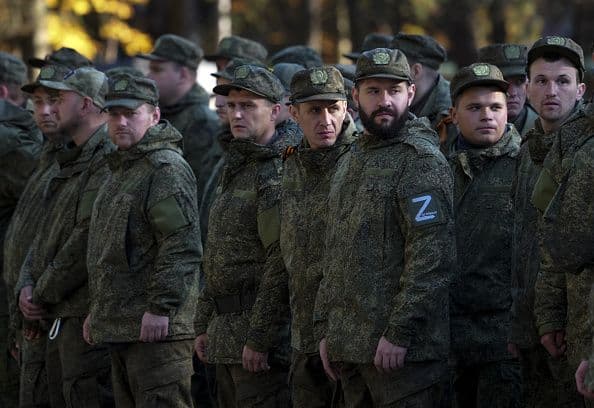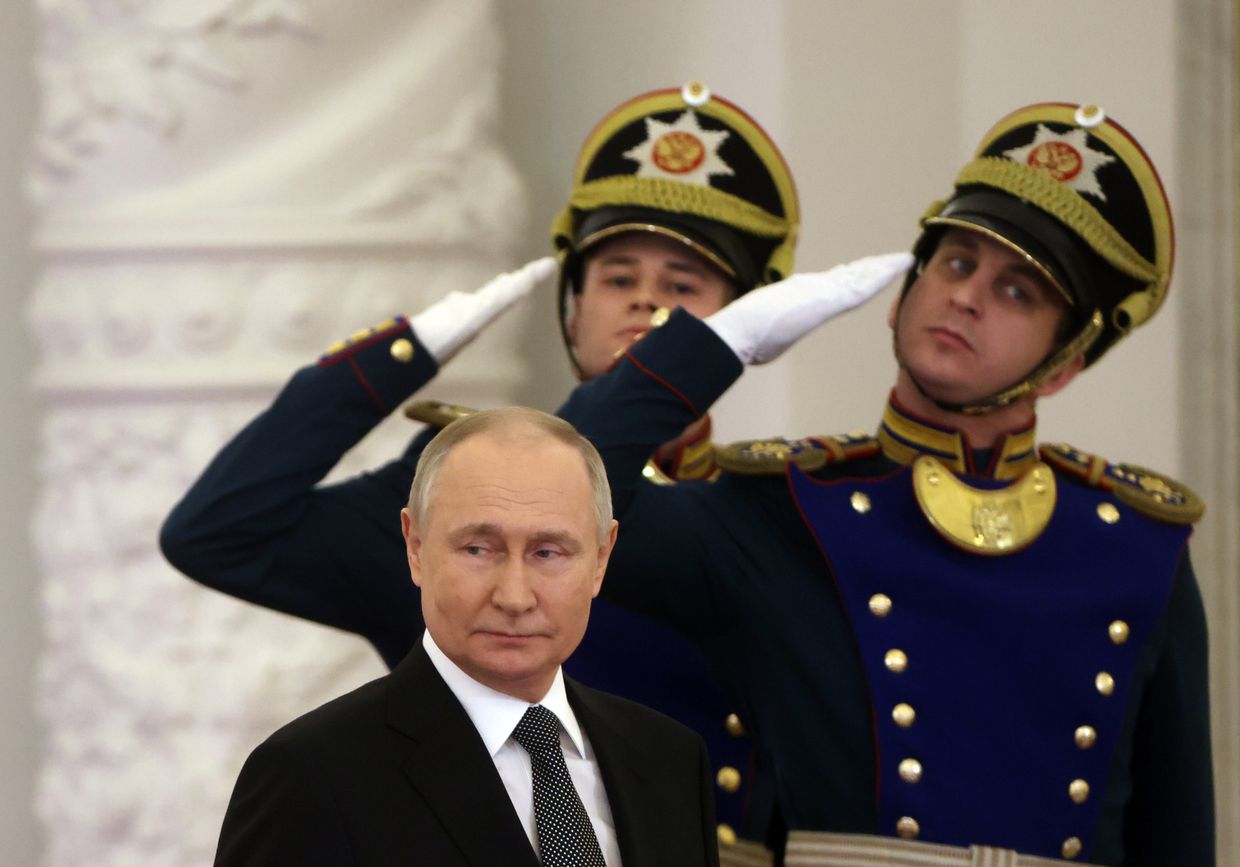Military intelligence: Mobilization in Russia can occur more 'openly' with election over

Russia can more openly carry out mobilization now that the election is over and Russian President Vladimir Putin has secured another term, said Andrii Yusov, a spokesperson for Ukraine's military intelligence, on national television on March 18.
At the same time, Yusov said in comments cited by Liga that mobilization has continued in Russia throughout the campaign and election.
The three-day Russian presidential election concluded on March 17 and resulted in 87.2% of the vote going toward Putin. Both Ukrainian and foreign officials previously suggested that Putin would likely hold off on further rounds of mobilization until after the election had concluded.
The large-scale wave of mobilization in fall 2022 caused hundreds of thousands of Russians, perhaps more than a million, to flee the country to avoid being drafted. It also sparked protests and other signs of public discontent at home. Despite Putin's announcement at the end of October 2022 that mobilization had ended, the Institute for the Study of War (ISW) wrote in December 2022 that the initial mobilization decree remained in force.
Instead of officially calling for a new round of mobilization, Russia has so far tried to incentivize voluntary service. There have also been attempts to recruit foreigners and exploit Central Asian migrant workers in Russia by offering fast-track citizenship in exchange for military service.
Now that the elections have passed and Putin has been reelected, Russia may have less cause to worry about internal opposition, and mobilization can continue more openly, Yusov said.
Vadym Skibitsky, deputy head of Ukraine's military intelligence, said in January 2024 that Russia is mobilizing around 30,000 people every month, or around 1,000-1,100 recruits daily.














